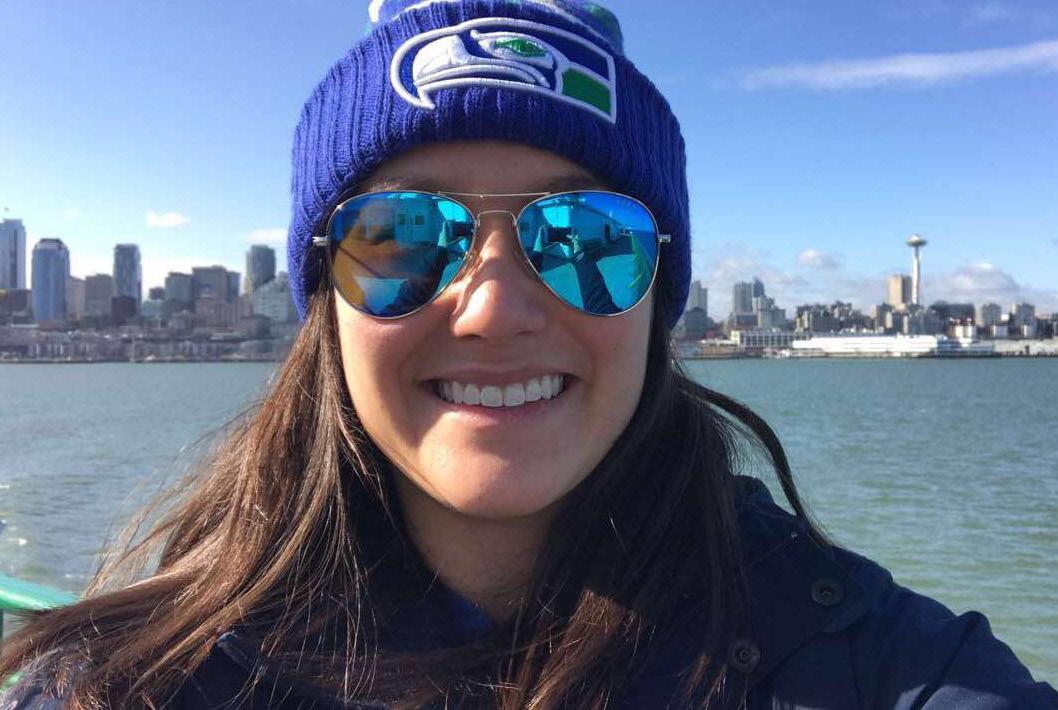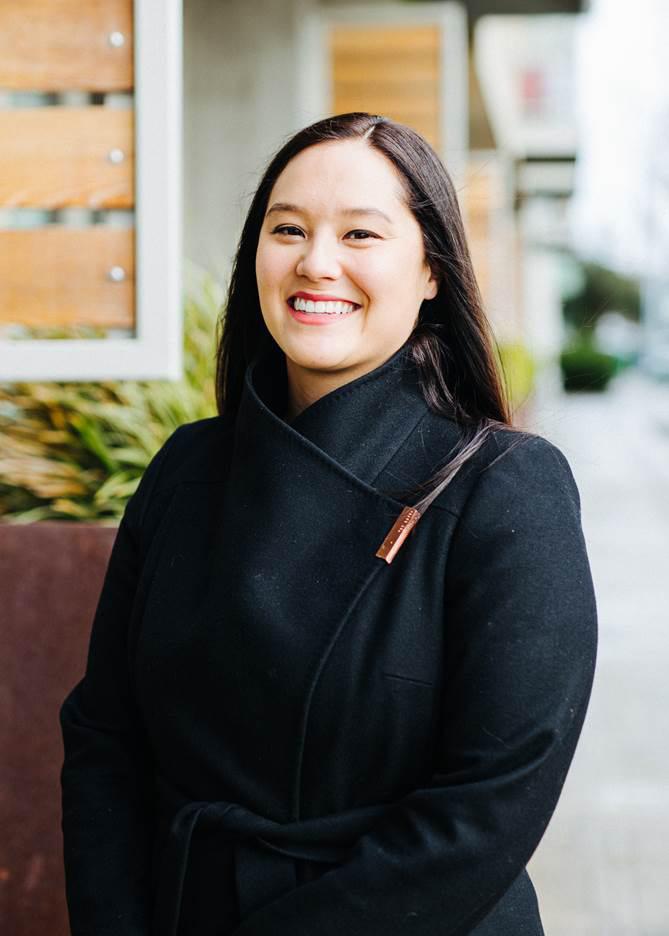
4 minute read
Seattle Seahawks’ Keli Imus, Community Engagement Manager
Photo courtesy of Keli Imus
S E A T T L E S E A H A W K S ’
Advertisement
C O M M U N I T Y E N G A G E M E N T M A N A G E R
Compete: We were lucky to meet Keli Imus recently who works for the Seattle Seahawks. Keli, please share with our readers what your role is with the Seahawks and how long you’ve been with them.
Keli Imus: I’ve been with the Seahawks for almost 10 years but I’m currently their community engagement manager. I’ve been in that role for four years.
C: What’s the best part of your job? How do you see yourself serving both the team and the community? KI: To me, leveraging our brand to give back to the community and meeting new people every day is the best part. I see myself as the conduit between our brand and the community. I find meaningful and effective ways to give back, foster growth and inspire people from disenfranchised communities.
C: For someone in high school interested in a career in professional sports as a community engagement manager or similar role, what would you tell them, Keli?
KI: Get involved in your community now, volunteer for non-profits, start to build your network now, it’s never too early.
C: Is your community confined to Seattle or to the Washington state area?
KI: No. I manage community outreach programs that impact communities in Washington, Oregon, Idaho, Montana and Alaska. I focus on building diverse and inclusive programs that make the greatest impact while leveraging the unique assets and relationships present in the professional sports industry while nurturing relationships with community leaders, nonprofit organizations, corporations, athletes and employees.
C: Did you play sports in high school and college?
KI: Yes, softball, basketball and volleyball in high school. I played women’s rugby at Washington State University and National University of Ireland, Galway in a study abroad program. There were a ton of differences between the U.S. and Ireland (and Scotland where I’ve played a few matches as well).
In Ireland rugby is already
Photo by Sarah Kuszelewicz established so my team had
equal access to fields, a club house and equipment as did the men’s team. The university did a great job keeping players engaged through activities off the pitch as well. Playing in the U.S. was a lot different for two reasons- one, rugby is a fairly new sport, especially on the west coast, meaning less access to resources like training equipment and field time.
Second, we didn’t have a dedicated head coach. My team was lucky to have two amazing women lead the team as captains and coaches but there was no one to oversee the team. However, since I graduated they now have a coach and equitable access to the fields and equipment they need to be successful. It makes all of those carwashes and practices at 10 p.m. worth it C: Are you still playing sports and what do you think you’ve learned from them?
KI: Yes, dodgeball (shout out to Rainbow League Seattle!), volleyball and softball when we are not in a pandemic. I learned the usual things, like building leadership skills and teamwork. But it was through playing rugby in college that I learned how important inclusion is. Most of my team identified as part of the LGBTQIA+ community so I learned how important it is to lift each other up, especially off the field.
C: Given your job, what does sports diversity mean to you now, Keli?
KI: On a more transactional and basic level, sports diversity means a larger pool of talent to pull from to ensure teams are the absolute best. On a more profound level, sports diversity is extremely important to me because I see it as a microcosm of American society. More diversity in sports means more diversity, equity and inclusion in our communities off the field.

C: So where do you see sports diversity in five years?
KI: For the NFL, I believe we will continue to see an increase in hiring women to fill coaching and scouting roles. I hope one day we might see women on the field. I also believe the stigmas around the LGBTQIA+ community will dissipate and professional athletes, especially in male-prevalent leagues will be able to work in the league as their true selves.
C: OK, Keli – I think I know the answer to this but can’t not ask you. What’s your proudest sports moment?
KI: When we won Super Bowl 48!
C: Bingo! Thanks so much for your time, Keli and keep up your great inclusion and diversity work with the Seahawks and your community engagement!










